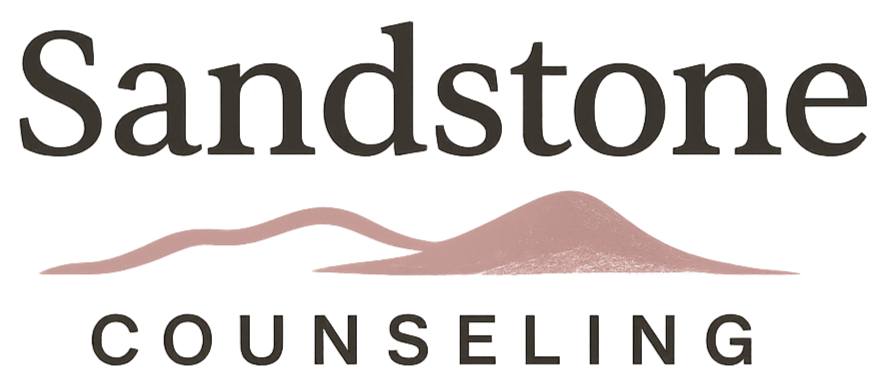Our Values
-
Every gender, sexuality, race, ethnicity, ability, and body is welcome. Our therapists are rooted in an anti-diet, trauma-informed, and anti-racist framework. We will work hard to make sure you feel as safe as possible with me, and we encourage open dialogue if/when we miss the mark.
-
We believe change can only happen when people feel safe enough to take risks, and that starts with trusting you won’t be judged when things don’t go according to plan. You will always receive kindness from me, but even more importantly, we’ll work on developing more self-compassion so you can become your biggest supporter.
-
We trust that everyone is doing the best they can with the resources they have. We respect your ability to choose, even when you might regret a choice or feel nervous people won’t understand.
-
People often think therapy is only talking about where you’re struggling, but we also want to know all the things that make you you. If we’re asking you to show up as yourself, it’s only fair that we do the same. The session is always your space but we try to engage as authentically (non-therapist robots) as we can.
Therapy Approaches
While we think the relationship matters more than any method, here’s an overview of approaches we incorporate:
Relational Cultural Theory (RCT)
There’s a reason why people say we’re a product of who we spend the most of our time around. The relationships we have with our family, friends, and coworkers shape how we see ourselves, and we’re also hugely influenced by the culture around us. RCT doesn’t just look at personal relationships but also considers the impact of societal forces—like diet culture, racism, and patriarchy—and how they influence your self-esteem and identity.
Exposure Therapy
You know that thing you’ve been avoiding and it keeps getting scarier over time? Maybe it’s dating, making new friends, wearing the clothes you really like - just the thought of it makes you anxious so you go out of your way to avoid feeling that discomfort. Exposure Therapy helps you work towards whatever scares you in small, manageable ways so the fear or anxiety feels like something you can handle.
Acceptance & Commitment Therapy (ACT)
Do you ever feel like the more you try to fight tough feelings, the worse they get? Or you’re just going along with life, not ever fully present or clear about what you want? ACT teaches you how to accept all emotions as a normal part of life, without feeling like your emotions control you. You’ll get clear on your values and learn how to make choices that are aligned with those values, even when things are hard. We’ll also work on mindfulness skills to help you stay present and reduce stress.
Cognitive Behavioral Therapy (CBT)
Maybe you’ve noticed that you’re really critical of yourself or you make decisions that don’t get you any closer to what you want. For example, you have the thought that you can’t start dating until you lose weight so you avoid social situations even though you’d really like to have a meaningful relationship. CBT would help us look at where that thought came from, whether we can practice any flexibility with that thought, and identify behaviors that would get you closer to your goals.

Why Sandstone?
I feel most myself when I have my feet buried in the sand or I’m spending the day in the mountains. My favorite childhood memories are from a sleepy beach town, and as an adult I’ve found just as much peace rock climbing or hiking beautiful places. Turns out nature is also healing for most people so I was drawn to the blend of beach & mountain imagery. Apparently sandstone also signifies resilience over time, grounding, stability, and transformation - so that’s all great, too.
